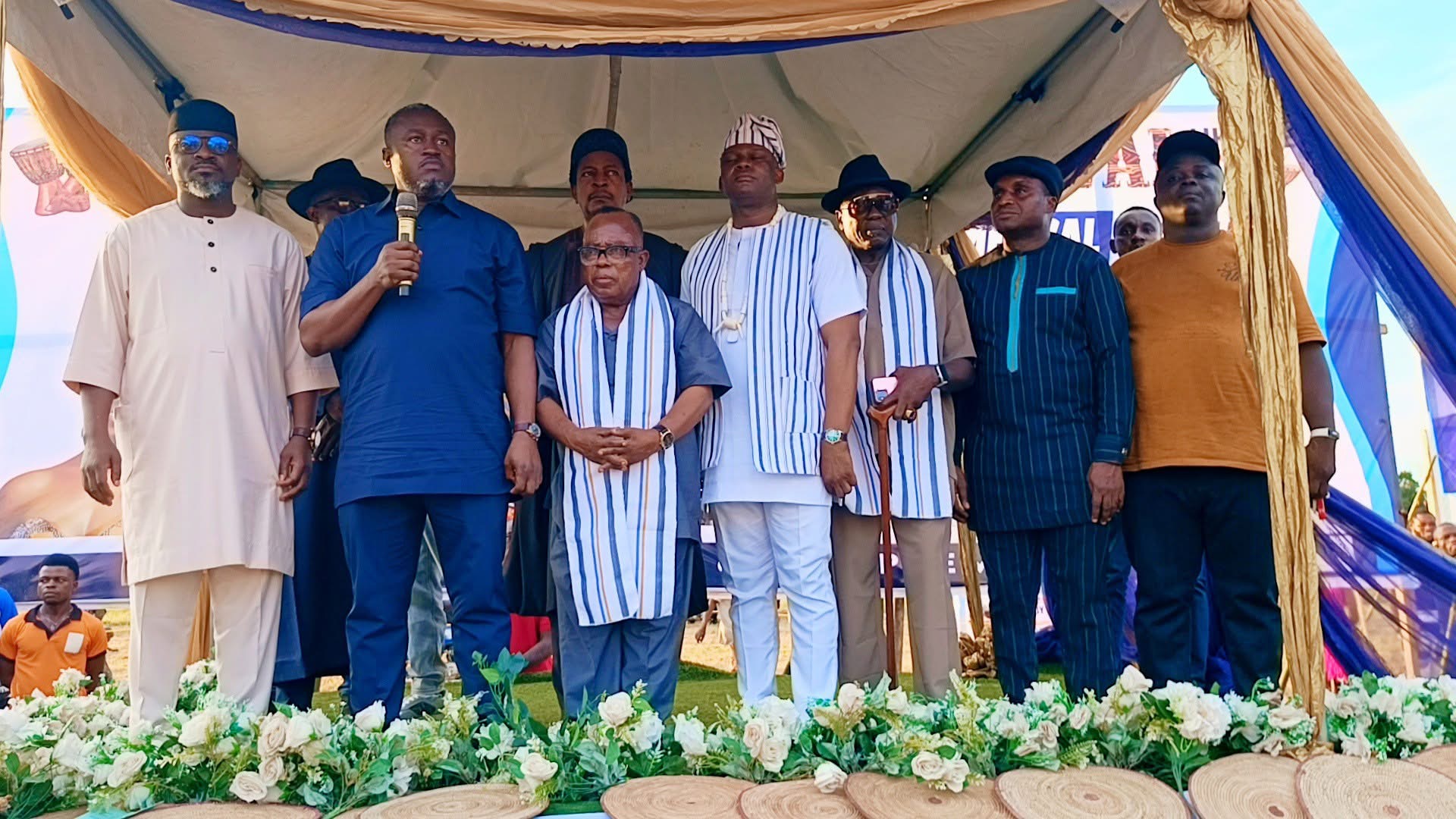The Cross River State House of Assembly has carried out the amendment of the Cross River State Independent Electoral Commission Law 2002.
The Cross River State Independent Electoral Commission Law 2002 is 22 years old, and was long over due to be amended, taking into account several social and political developments and changes that have taken place in the State in the past 22 years.
It is settled that law is dynamic, and therefore, there must always be changes in the law to enable society keep abreast with new thinking, trends changes, and development to bring it in conformity with the prevailing times.
The amendment of a law is a change or modification made to an existing law or statute. Amendments can be made to:
1. Update or clarify the law
2. Expand or narrow its scope
3. Change penalties or consequences
4. Add or remove provisions
5. Correct errors or inconsistencies
6. Reflect changes in society, technology, or values
7. Improve clarity or effectiveness
Amendments can be made through various processes, including:
1. Legislative action: Passing a new law that modifies the existing one
2. Repeal and reenactment: Repealing the existing law and replacing it with a new version
3. Judicial interpretation: Courts interpreting the law in a way that changes its application
4. Regulatory changes: Executive or administrative changes to regulations or rules
Amendments can be classified into:
1. Substantive amendments: Changing the law’s meaning or effect
2. Procedural amendments: Changing the law’s application or enforcement
3. Technical amendments: Correcting errors or improving clarity
The amendment process typically involves:
1. Proposal: Suggesting a change
2. Debate: Discussing the proposed change
3. Vote: Approving or rejecting the amendment
4. Implementation: Putting the amended law into effect
Amending laws ensures they remain relevant, effective, and aligned with societal needs and values.
The amendment to the principal law – the Cross River State Independent Electoral Commission Law 2002 has led to the addition of several provisions that were not there before.
One such major amendment to the CROSIEC Law is the creation of a new Section 20 A, immediately after Section 20 of Part IV of the Principal Law, to read as follows:
20A: All registered political parties intending to convene Congress or Primaries for the purpose of nominating candidates for any elective office in the Local Government Council shall give the Commission at least 21 days notice in writing of such Congress or Primaries to attend and observe such Congresses.
In other words, it is now obligatory for political parties that intend to file candidates for the local government council elections to give 21 days’ notice in writing to CROSIEC of their intention to convene Congress or Primaries to nominate candidates for CROSIEC to attend and observe such Congress.
20 (2) makes provision for the disqualification of any candidate filled by a political party that contravenes Section 20A, and the political party shall be disqualified from filling a candidate in the election.
The amendment deleted Section 29 in the CROSIEC Law 2002 and substituted it with a new section 29 that reads as follows:
‘A candidate for election to the office of Chairman shall be deemed to have been duly elected to Office where being the only candidate nominated for the election; he has:
(a) majority of Yes votes cast after election; and
(b) not less than one-thirds (1/3) of the YES votes cast at the election in each of at least two-thirds (2/3) of all Wards in the Local Government Area, but where the only candidate fails to be elected in accordance with this paragraph, then there shall be fresh nomination.
The purport of Section 29 of CROSIEC Law (2002) (as amended) is that where one candidate is the only candidate in the election, he would not automatically be elected. The candidate still has to fulfill two conditions:
(a) majority of Yes votes cast after election; and
(b) not less than one-thirds (1/3) of the YES votes cast at the election in each of at least two-thirds (2/3) of all Wards in the Local Government Area, but where the only candidate fails to be elected in accordance with this paragraph, then there shall be fresh nomination.
It is as clear as the crystal that the amendment made by the Cross River State House of Assembly are fundamental and far reaching and would go a long way in changing the Electoral jurisprudence of Cross River State of Nigeria.
However, the amendment made would only take effect when the Governor of Cross River State, Senator Bassey Edet Otu, appends his signature to the CROSIEC Law (2002) (as amended)
@ Okoi Obono-Obla









